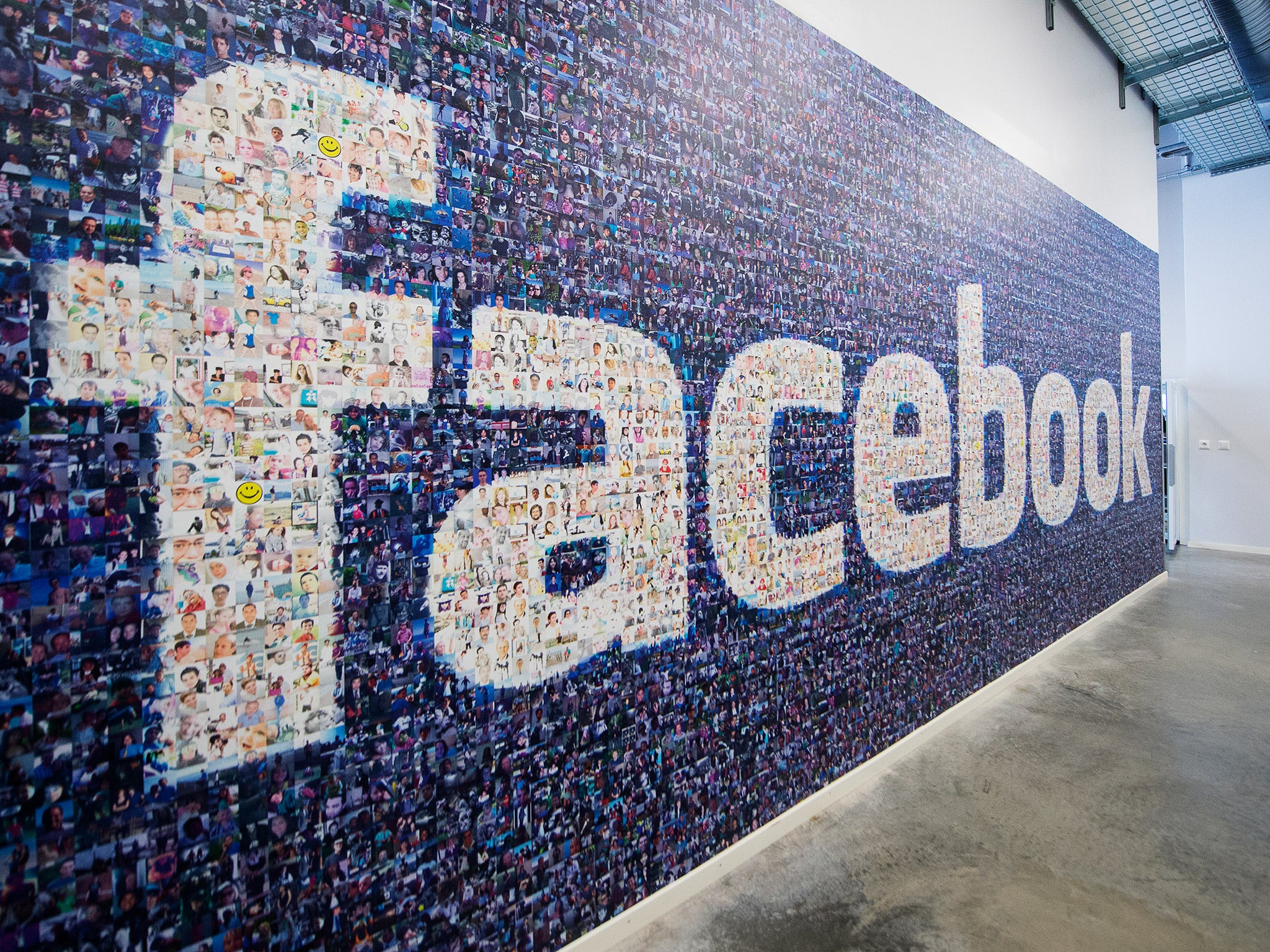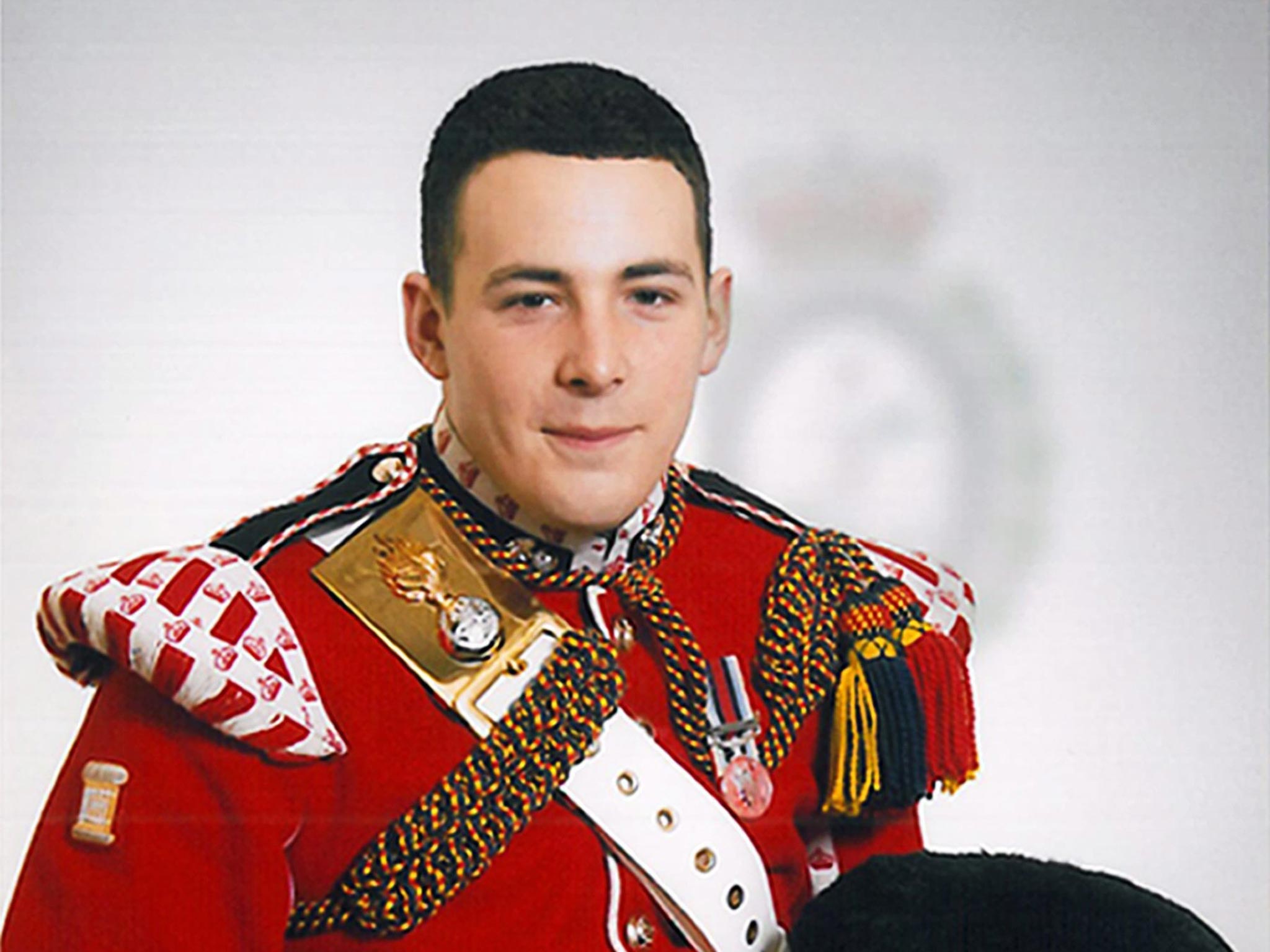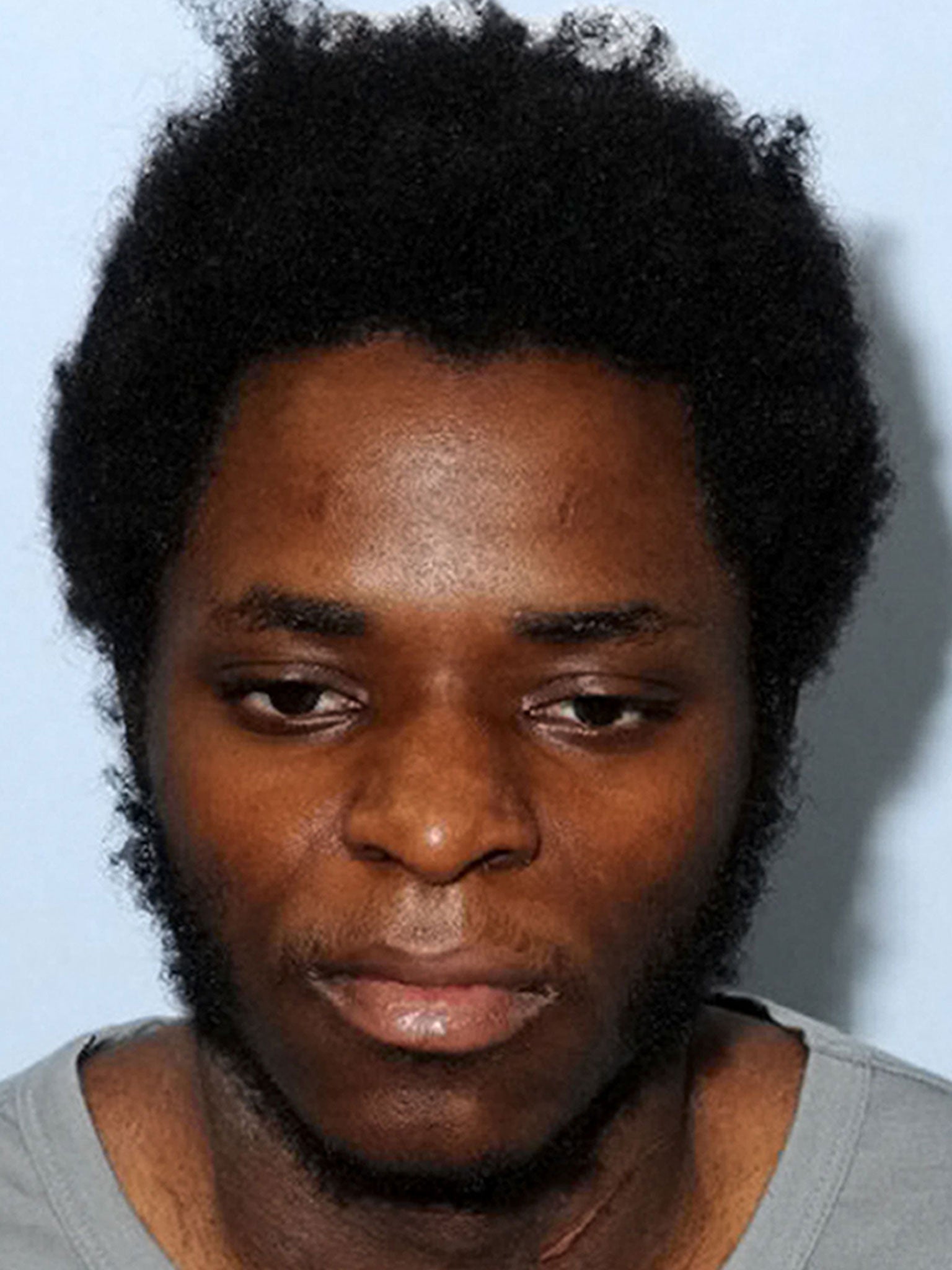The war on Facebook: MPs rebuke social media giant for failure to act on online activities of Lee Rigby’s murderer Michael Adebowale
Apple, Google, Microsoft also slammed – but Wikipedia founder derides calls for corporate ‘spying’

Attempts to blame Facebook for the murder of Lee Rigby have attracted condemnation and derision amid concerns that the Government is using its “Counter-Terrorism Awareness Week” to push the UK towards more draconian communication laws.
Senior parliamentarians faced a civil liberties backlash for clearing the security services of any blame for the killing of Fusilier Lee Rigby but urging internet companies to take tougher action on extreme content, after an official report revealed details of online messages sent by one of the killers.
The report by the Intelligence and Security Committee (ISC) said websites such as Facebook provide a “safe haven for terrorism”.
But the Wikipedia founder, Jimmy Wales, told The Independent that calls for the company and its counterparts to monitor messages and alert the authorities to any potential wrongdoing were akin to the work of the Stasi secret police in Communist East Germany.

The ISC pointed to an online conversation in which one of the murderers, Michael Adebowale, talked of killing a soldier and aired his plans in the “most graphic and emotive manner”. Although the ISC did not identify the social network, it later emerged that the discussion had taken place on Facebook.
The committee of MPs and peers said that there was a “significant possibility” that the attack could have been foiled if MI5 had been aware of an online exchange between Adebowale and a person suspected of links to al-Qaeda.
“This company does not appear to regard itself as under any obligation to ensure that its systems identify such exchanges, or to take action or notify the authorities when its communications services appear to be used by terrorists,” it said.
It also went on to criticise US tech giants such as Facebook, Apple, Google, Microsoft, Twitter and Yahoo more generally, for the “considerable difficulty” the intelligence agencies have found in accessing their content.

In its report, the ISC pointed to errors by MI5, and disclosed that the two killers had been identified in seven investigations, but concluded the security agencies could not have stopped the murder.
Its intervention was condemned by Mr Wales, who told The Independent: “Given that ‘Adebowale was not under active investigation at the time the exchange took place’ the suggestion is clearly not that such techniques be used in a highly targeted way but rather that we demand that corporations used advanced technology to spy on all of us all the time.
“Remarkable, to say the least. And by ‘remarkable’ I mean the East German Stasi would have wet themselves with excitement if they had such techniques at their disposal.”
A Facebook spokesperson said: “Like everyone else, we were horrified by the vicious murder of Fusilier Lee Rigby. We don’t comment on individual cases but Facebook’s policies are clear, we do not allow terrorist content on the site and take steps to prevent people from using our service for these purposes.”
In the Commons, David Cameron challenged internet companies to do more to combat extremism. He said: “It is their social responsibility to act on this.”
But civil liberties groups condemned the renewed focus on communications companies to the exclusion of the security services.
Isabella Sankey, director of policy for Liberty, said: “This report catalogues staggering Security Service failures in dealing with the men responsible for this horrific crime – countless missed surveillance opportunities, delayed investigations, dumping dangerous citizens abroad and ignoring allegations of MI5 mistreatment.
“The ISC shamefully spins the facts seeking to blame the communications companies for not doing the agencies’ work for them.”
Jim Killock, the executive director of the Open Rights Group, said: “The committee should not use the appalling murder of Fusilier Rigby as an excuse to justify the further surveillance and monitoring of the entire UK population.”
A senior source in the internet industry said that there has been a “slightly coordinated” attempt by the intelligence community “to perhaps attack US-based technology companies in particular”.
The Internet Services Providers’ Association said: “It is for the intelligence agencies and not service providers to identify potential subjects, and when identified by the authorities [companies] can and do assist in providing communications data under a clear legal process.”
The Lib Dem MP Julian Huppert, a member of the Commons Home Affairs Select Committee, said: “I do not think it is reasonable to expect online providers to analyse every message ever sent, with no warrant or information from the security services, any more than we expect BT or the Royal Mail to analyse everything said by phone or post.”
The row blew up as Theresa May, the Home Secretary, introduces counter-terror measures to Parliament.
They will include new powers including a legal requirement by schools, prisons and councils to put in place policies or programmes to stop would-be extremists from being drawn into terrorism.
Mrs May said: “We are in the middle of a generational struggle against a deadly terrorist ideology. These powers are essential to keep up with the very serious and rapidly changing threats we face.”
In addition to the new measures announced by ministers as part of Counter-Terrorism Awareness Week, police officers are briefing more than 6,000 people at 80 venues including schools, universities, airports, shopping centres, cinemas and farms, in a bid to raise awareness of the dangers.
Bookmark popover
Removed from bookmarks